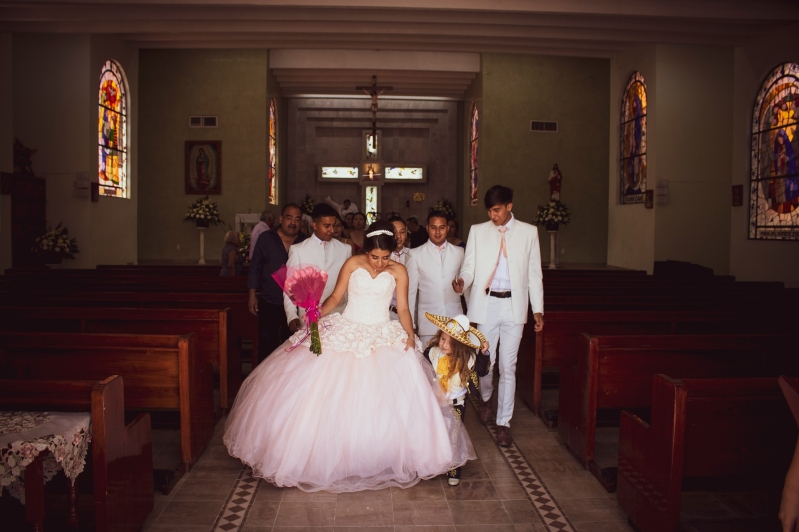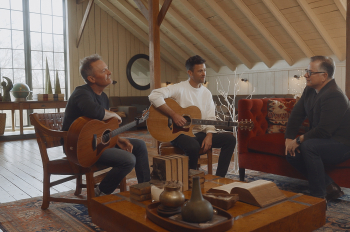
Bolivia is debating a bill that seeks to repeal the emancipation of minors through marriage. Under the previous Law 603, enacted in 2014, the country allowed minors, starting at age 16, to emancipate themselves from their parents by getting married, with judicial authorization, and/or by recognition of independent economic activity.
The new bill seeks to repeal this possibility, but at the same time, experts warn that it could provide a legal shield for those who have devised strategies that perpetuate unions between adults and minors, exposing them to violations such as sexual abuse, unwanted pregnancies, and human trafficking.
The central point of the debate is emancipation through marriage. In the last 11 years, the Civil Registry Service (Serecí) has registered the marriages of 6,001 adolescents aged 16 and 17 to adults, which, according to the website Urgente.bo., effectively provided a legal framework for pedophilia.
In addition, a report by the Ombudsman's Office revealed that, since 2014, there have been 487 marriages of girls between the ages of 12 and 15, and 4,804 marriages of adolescents between the ages of 16 and 17, according to SWI.
The United Nations considers child marriage a violation of human rights and believes that marrying at an early age exposes minors to greater risks of violence, abuse, forced pregnancy, and school dropout, thereby perpetuating a cycle of poverty and inequality.
Currently, the Bolivian Parliament has given preliminary approval to an amendment proposed by Senator Virginia Velasco of the ruling Movimiento al Socialismo (MAS) party, which would ban marriage and common-law unions with minors under the age of 18, without exception. However, the bill must still be approved by the Chamber of Deputies before it can become law.
Pro-family movements, such as the Ibero-American Congress for Life and the Family, have pointed out that “the bill proposes amendments to the Family Code” and warned that “the family process could violate the integrity and safety of minors.”
Diario Cristiano spoke with Dr. Fátima Oliva, president of the AEL Mujer department (women's department) of the Alianza Evangélica Latina (AEL) and defender of life and the family, who expressed her concern from Bolivia. “The amendment to the code leaves the door open to not punishing crimes of rape and pedophilia that have been committed.”
Oliva explained that the legal text covers "marriages, free unions, and common-law marriages," which, in practice, she said, have been used to conceal the exploitation of many minors, sometimes sold by their own families through various agreements. "This leaves a crime unpunished, with a quasi-legal framework that allows the adult man to abuse the minor under a legal guise or lets anyone who has lived with a minor for two years in apparent conformity go unpunished," she said.
Some opponents of the bill justified it by arguing that certain families marry their underage daughters to older men due to poverty, and that marriage between teenagers is seen as a social achievement, similar to allowing children to work from the age of 14 or granting them the right to vote at 16. One legislator even defended her own teenage marriage, saying that it had "gone well" for her, to justify the continuation of this practice and expand the so-called “rights” of adolescents.
The Ibero-American Congress for Life and the Family, through its president Aarón Lara, expressed concern, stating: “The final provision that validates marriages or free unions with minors, which would not be classified as crimes if it is established that they were consensual, is alarming and seriously jeopardizes the physical, emotional, and spiritual well-being of minors.”
Lara also clarified that the bill, which has been partially approved, would not have retroactive effect, meaning that crimes committed before the law is enacted would not be penalized.
Lara further argued, “There is a widespread perception that this is a law to protect high-level Bolivian politicians, which is reprehensible. But the consequences are disastrous for all children, who are not only exposed but whom the state has a duty to protect.”
Originally published at Diario Cristiano, Christian Daily International's Spanish edition.






